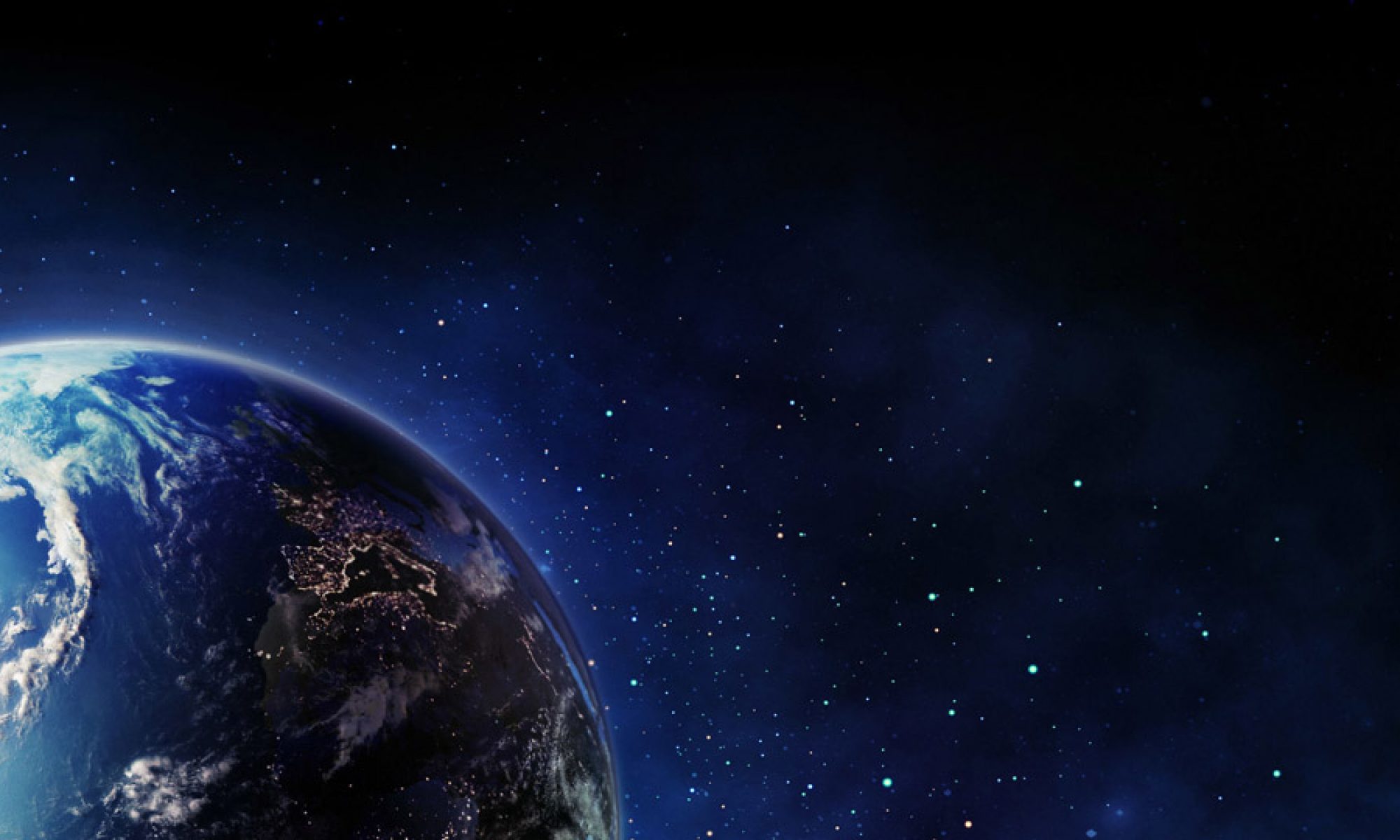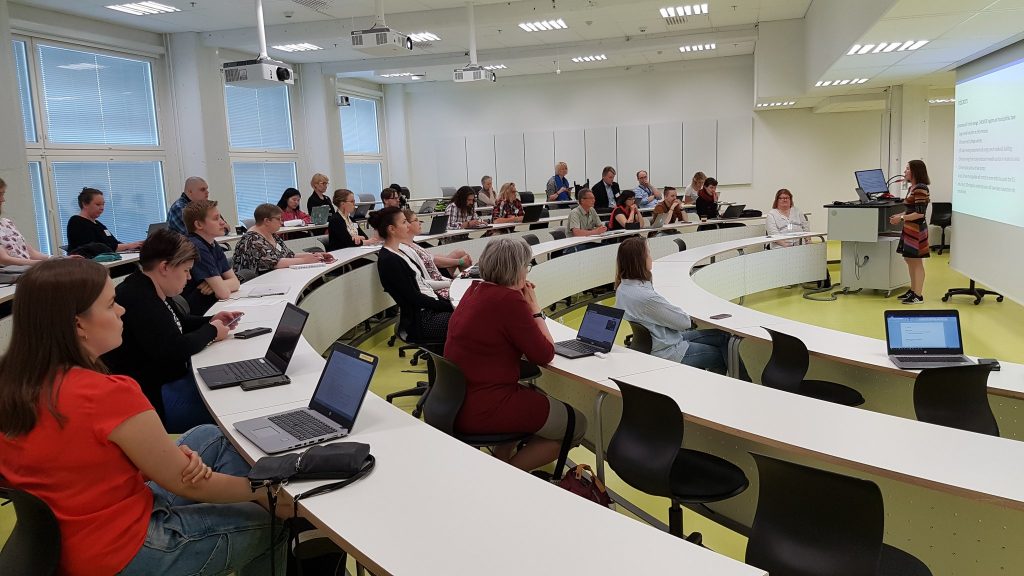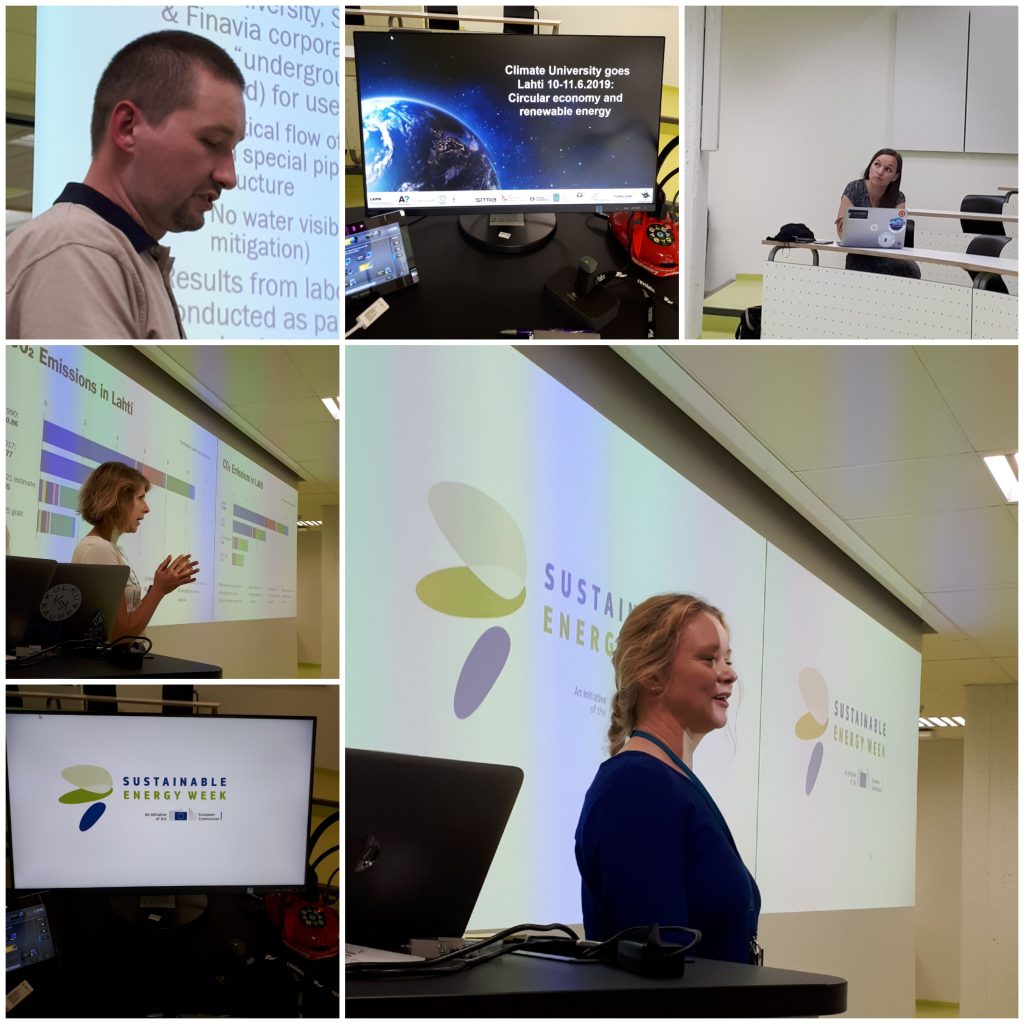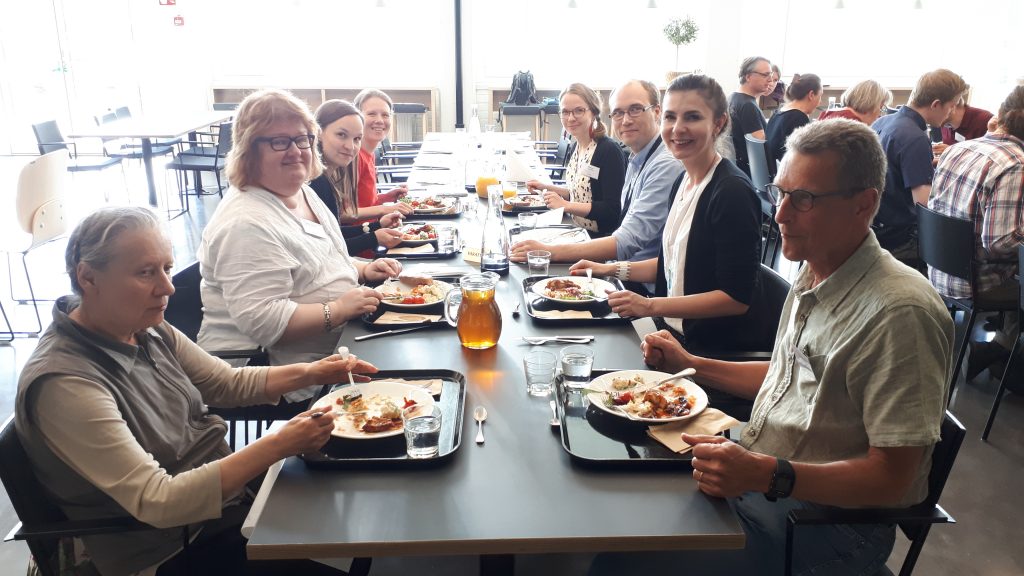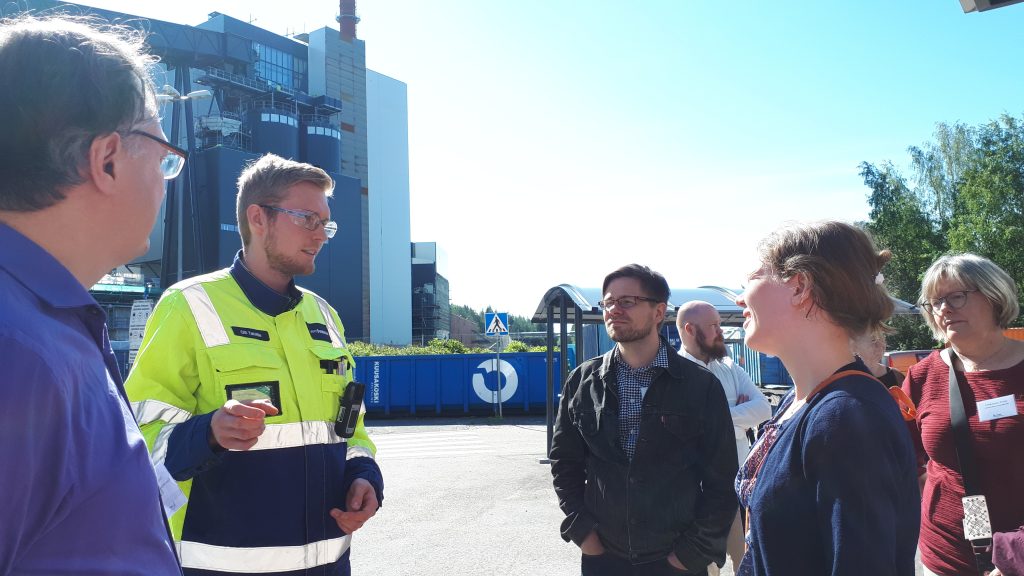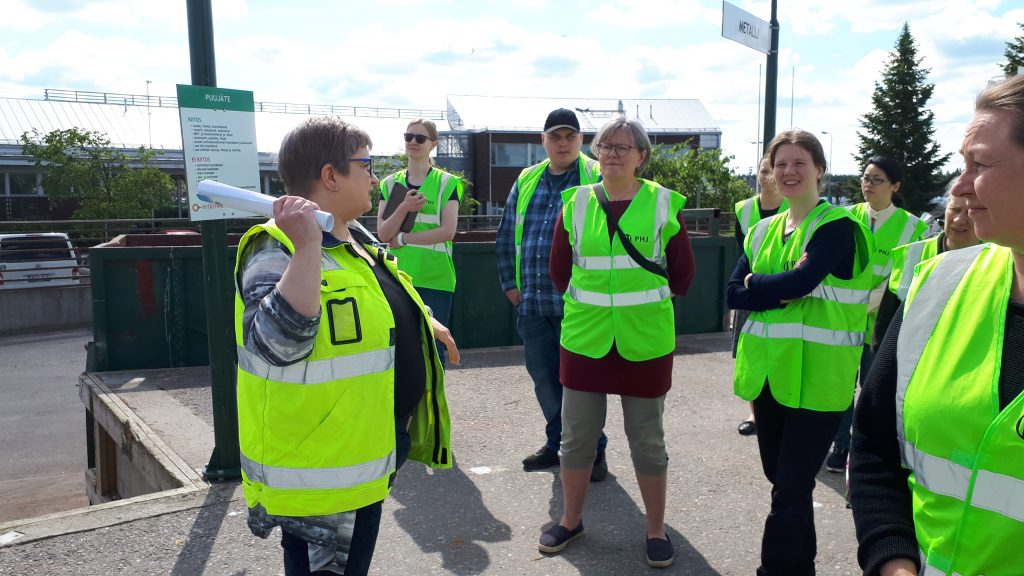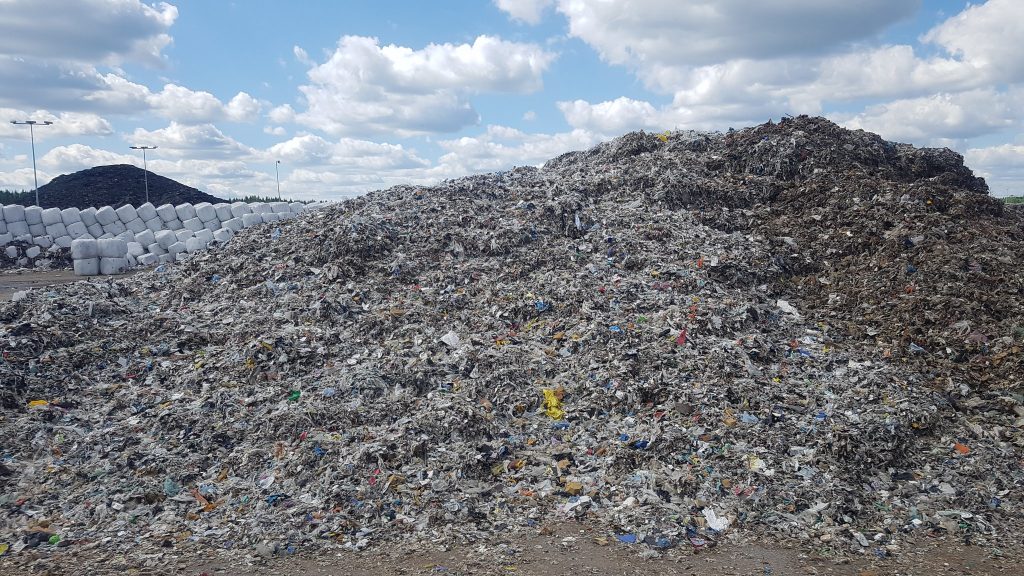The new academic year starts with interesting online courses for change makers.
![]()
Leadership for sustainable change is a course about how to lead change towards more sustainable society. In Autumn 2019, the course runs as a 5 ECTS online course in collaboration with University of Helsinki, Tampere University as well as Open university of Helsinki. Course material is available at: www.leadforsust.fi
- University of Helsinki: course code ATM373, next course 3.9.-20.10.2019, registration leadforsust.fi
- Open university of Helsinki: course code AYATM373, next course 3.9.-20.10.2019, registration leadforsust.fi
- Tampere University: course code HALYAS14 or KATVAS39, next course 3.9.-20.10.2019, registration leadforsust.fi
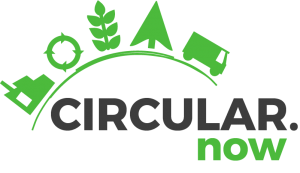
Circular.now is an online course about basics of circular economy. Continuous 3 ECTS online course is available 3.9. onwards in the University of Helsinki as well as Open University of Helsinki. 5 ECTS course can be done in LUT-University and University of Helsinki in spring 2020. On the website www.circularnow.fi is general information about the course and a button “Start studying” which leads you to the course platform, where you can register for the course or only look at the course.
- University of Helsinki: MAAT-051, 3 ECTS continuous, next 5 ECTS course in Spring 2020
- Open university of Helsinki: AYMAAT-051, 3 ECTS continuous, registration https://courses.helsinki.fi/en/aymaat-051/129763887
- LUT-University: BH60A5400 Introduction to Circular Economy, Autumn 2019
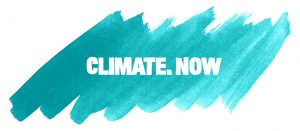
Climate.now is a course about basics of climate change that everyone should know. The multidisciplinary course was done in collaboration with University of Helsinki, Lappeenranta University of Technology, Metropolia University of Applied Sciences and Finnish Innovation Fund Sitra in 2016. Currently there are Climate.now courses in seven universities in Finland. Some courses include contact teaching, some run fully online. Material is available at www.climatenow.fi.
- University of Helsinki: course code ATM302, next course 28.10.-9.12.2019, registration in weboodi
- Open university of Helsinki: course code AYATM302, next course 28.10.-9.12.2019, registration https://courses.helsinki.fi/en/ayatm302en/130814619
- University of Jyväskylä: course code BENA4036, next course 23.9.-20.12.2019, registration in Sisu
- University of Oulu: course code 766383A, next course 30.10. -28.11.19, registration in WebOodi
- Aalto University: next course in Spring 2020
- University of Tampere: next course in Spring 2020
- University of Eastern Finland: course code 3352703, next course in the autumn semester 2020
- LUT-University & open university: course code BH60A5900 Climate Change, 5 op, next course 7.1.- 17.4.2020, registration via open university.
See also UniPID online courses, for example “Towards sustainable development goals: the nexus of water, food and energy” by University of Jyväskylä 28.10.-20.12.2019.
